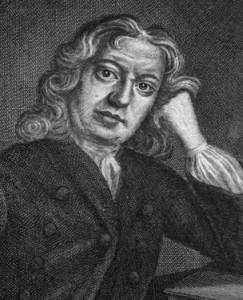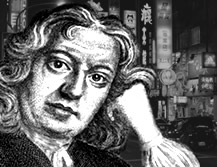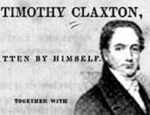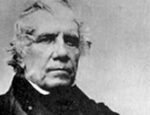Description
 Meet George Psalmanazar who arrived in London in 1703, claiming to be an aristocrat from Formosa, today’s Taiwan. Very little was known about Formosa in early 18th-century England. Psalmanazar’s wild tales of the Orient, told in a curious mixture of beautiful Latin, broken English and snippets of Formosan, were taken by many at face value, and they turned him into a celebrity almost overnight. Less than a year later Psalmanazar published An Historical and Geographical Description of Formosa (1704), a best-selling account of his “native island”, its people, their language and customs, including cannibalism, polygamy and mass child sacrifice. Of course none of it was true – Psalmanazar was a penniless Frenchman who had never been to Asia and fabricated the entire story.
Meet George Psalmanazar who arrived in London in 1703, claiming to be an aristocrat from Formosa, today’s Taiwan. Very little was known about Formosa in early 18th-century England. Psalmanazar’s wild tales of the Orient, told in a curious mixture of beautiful Latin, broken English and snippets of Formosan, were taken by many at face value, and they turned him into a celebrity almost overnight. Less than a year later Psalmanazar published An Historical and Geographical Description of Formosa (1704), a best-selling account of his “native island”, its people, their language and customs, including cannibalism, polygamy and mass child sacrifice. Of course none of it was true – Psalmanazar was a penniless Frenchman who had never been to Asia and fabricated the entire story.
Although Psalmanazar is now exclusively remembered in the contexts of English literature and Orientalism, the classical world played a major part in his life and deceptions. In his Memoirs, posthumously published in 1765, Psalmanazar describes how he first encountered Latin when he was admitted to a Franciscan charity school. He was, by his own account, fully fluent in the language before he turned nine and soon became a scholarship boy at a Jesuit College where he learned ancient Greek and Latin, reading Ovid, Cicero, Horace and Homer. Psalmanazar’s exotic alter ego, however, received a very different education. In the Description Psalmanazar describes how he, like all Formosan children whose parents could afford the fees, learned Greek at one of the island’s Academies and was then was taught Latin by a private tutor – who turned out to be a scheming Jesuit and responsible for Psalmanazar’s abduction to Europe.
Psalmanazar’s emphasis on the classical education of his Oriental persona served several purposes, one of which was that it made him a more credible aristocrat in the eyes of his English hosts. Of course he was a gentleman – how else could he speak such beautiful Latin? It also lent a certain verisimilitude to Psalmanazar’s descriptions of Formosan society. The Formosan upper classes may have feasted on human flesh every now and then, but at least they sent their sons to public school and made sure that they learned Greek and Latin. However, Psalmanazar’s Formosa did not just engage with classical culture in terms of education. Psalmanazar’s childhood reading found its way into his forged world and although he took care to dress it up as proper early-18th-century ethnography, many of his more outrageous Formosan tales echo those told by Ovid and Homer.
Psalmanazar never publicly confessed to his deceptions in life but by 1710 it had become clear to all that he was a fraud. On 16 March 1711, The Spectator published a spoof advertisement, written by Sir Richard Steele, that not only clearly shows that that the Formosan game was up but also how closely Psalmanazar’s deceptions had been intertwined with the classical world:
ADVERTISEMENT.
On the first of April will be performed at the Play-house in the Hay-market, an Opera call’d ‘The Cruelty of Atreus’.
N.B. The Scene wherein Thyestes eats his own Children, is to be performed by the famous Mr Psalmanazar, lately arrived from Formosa; The whole Supper being set to Kettle-drums.




